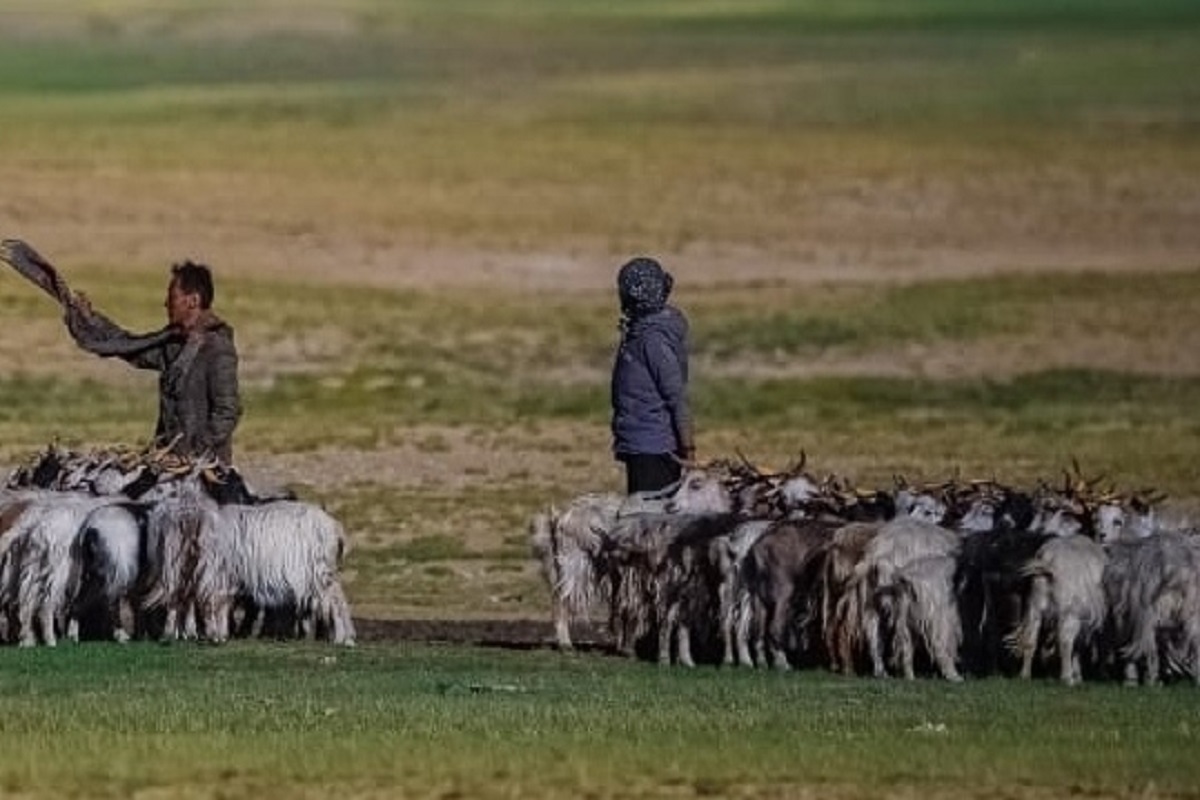J&K CM Omar Abdullah lays stress on Himachal Pradesh-type laws to protect agricultural land
The Chief Minister noted that Himachal Pradesh has adopted a strict policy in this regard and stressed the adoption of a similar policy in J&K.
The shortage of green fodder has been estimated to be 40- 45 percent at present which will be addressed through this project.

Photo: SNS
The Himachal Pradesh government has launched a Rs 5.54 crore 5-year state-sponsored pilot project to boost fodder farming to meet the shortage of green and dry fodder by planting species of high-yielding grass, and fodder trees, State Animal Husbandry minister Virender Kanwar said on Sunday.
Kanwar said the availability of fodder for about 40 lakh domesticated livestock such as cows, buffaloes, goats, sheep, and others has been found to be inadequate as there were only 1,529.3 hectares of land available for the cultivation of vegetation as fodder in the state.
Advertisement
Unavailability of green forage especially during summer and winter has always remained a serious issue resulting in a nutritional deficiency in milch animals. The shortage of green fodder has been estimated to be 40- 45 percent at present which will be addressed through this project.
Advertisement
He stated that the Animal Husbandry department will establish seed and planting material nursery units at five different locations in 17-hectare areas as per the suitability and adaptability of the species for different agro-climatic zones of the state to increase livestock productivity.
The department will introduce ecologically adapted superior grass adopting suitable planting/seeding techniques in these nursery units which will be set up at Jersey Cattle Breeding Farm, Palampur in Kangra, Sheep Breeding Farm, Jeuri in Shimla, Cattle Breeding Farm, Bagthan in Sirmaur, Sheep Breeding Farm, Tal in Hamirpur and CSK HP Agriculture University in Palampur.
All the requirements of basic planting material for improved grasses will be met from CSKHPKV Palampur for which infrastructure and facilities will be strengthened to maintain a long term supply of rootstock of grasses, legumes, and fodder trees to the department of Animal Husbandry as well as other stakeholders in the state, he added.
Advertisement